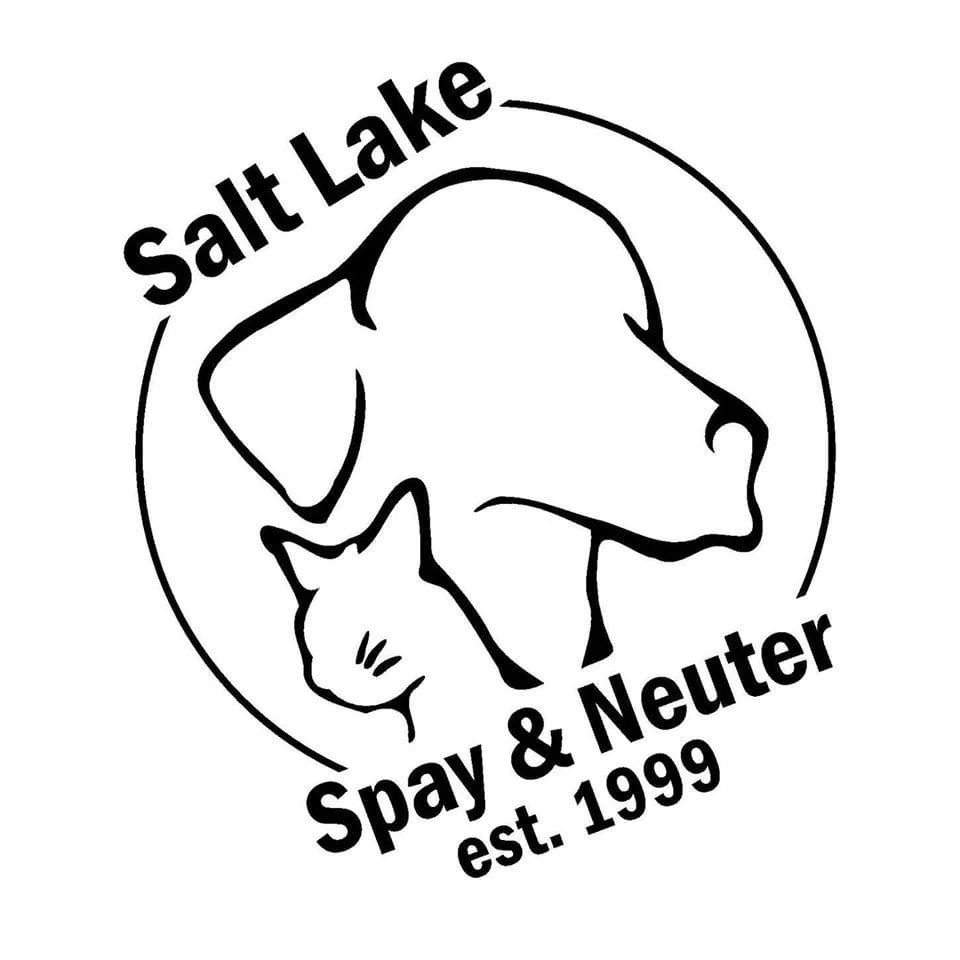Spaying your pet will also eliminate the possibility of Pyometra, a life-threatening infection in the uterus. This condition often requires an emergency spay. The risk of anesthesia is increased, as the pet is often critically ill. The uterus is often enlarged to up to 10 times the normal size. The patient may also require a visit with a full-service clinic or emergency veterinarian as the infection can make the patient have renal disease or be toxic.
Cats must be at least 12 weeks of age and at least 3 pounds.
We do not offer spay services to cats with a history of heart murmur or seizures. We don’t have the proper medications to treat seizures, and anesthesia can cause seizures. Likewise, we don’t have the proper monitoring for heart murmurs during spays.
When spaying your cat, we always recommend running blood work prior to the anesthesia. Will recommend placing an IV with IV fluids. For some cats, the IV with IV fluids is required. We'll ask to repair an umbilical hernia if we find one. If you think your pet will lick, we'll recommend an e-collar. Pain medication will not be sent home. Cats receive a large dose with surgery and usually don’t require any for recovery. Also, anti-Inflammatory medications are difficult for cats’ organs to process.
There would be an additional cost if she is in heat or pregnant at the time of the procedure. The doctor may decline surgery if she is too far along or require an IV catheter with IV fluids. Spaying while in estrus(heat) can slightly increase the risk of bleeding and may increase the patients time under anesthesia and does increase the risk. This may require an elongated incision. However, female cats are Induced Ovulators and will go in and out of heat until they are spayed. Therefore, we do not necessarily recommend rescheduling if you cat is in heat.
Brachycephalic breeds such as Persians and Scottish Folds, have a higher risk of complication with surgery including anesthetic death, we recommend TLC Pet Care in Ogden. We can still perform surgery here. However, we may have you sign a high-risk waiver. It is also recommended to have them get full mouth x-rays while under anesthesia, and we do not offer that here.
Cat Spay Prices $90.00
In heat +$10.00-$15.00 additional
Pregnant +$15.00-$50.00 additional
Cat Spay Aftercare
We want to see your pet back here if you have any concerns with the surgery. There is no charge for the recheck appointment as long as the aftercare instructions are followed. Please call or text the front desk at (801)262-6414 to schedule a recheck with us. Charges may be applied for any additional treatments, surgeries, and medication. We offer rechecks Monday- Saturday from 10am-2pm by appointment. Spay & Neuter cannot be responsible or liable for any costs incurred for the care and/or treatment provided by another hospital.
Your cat will have undergone anesthesia. Drowsiness and incoordination can be expected up to 24 hours. Because of this, keep your cat away from stairs and/or anything she can fall off.
Limit food and water intake that night. Feed a small meal, about a quarter to half the size of his normal meal that evening in small frequent amounts. Please resume normal feeding the next day. Some cats will eat the first night, others may not eat for 24-48 hours. Please call us if there has been no/poor appetite for more than 48 hours. They are still at risk of aspiration. Do not force food, and if vomiting occurs the night of surgery take all food and water away. If vomiting occurs for more than 12 hours, call us for a recheck.
Your pet will not be able to regulate her body temperature for 3 days. We also need to limit her exposure to the incision. Please keep her indoors for 10-14 days. Also, make sure the temperature inside is not too hot or cold. We find 70-75 degrees is best.
To best allow incision to heal on its own, there should be no bathing, getting wet or aggressive playing/activity for 10 days. Please do not try to clean it or treat the incision with any liquids, creams or ointments. Do not apply any bandages to the incision. Do not allow your pet to wear any clothing that could rub or touch the incision.
Limit interaction with other pets. Do not allow rough housing. Do not allow other pets to lick their incision. Pets may still have the drive to mate for up to 30 days after sterilization. Any attempt at breeding can be fatal.
Due to strange odors on your cat, your other cats may show unusual aggression to the cat returning home from the veterinary clinic.
Female cats usually do not lick at the incision, but if you think she will lick, please get an e-collar or place a loose fitting t-shirt on her so she cannot access the incision.
To avoid injury while picking up, support them from their chest and rear end. Do not allow their legs to hang when picking them up. Do not pick them up under their belly.
Signs of a post-surgical emergency include but are not limited to white mucous membranes (gums), excessive bleeding from surgical site, severe depression/unconsciousness, uncontrollable vomiting, seizures, difficulty breathing/harsh respiration (breathing). If any of these symptoms are occurring, please take your pet to the nearest emergency hospital immediately.
